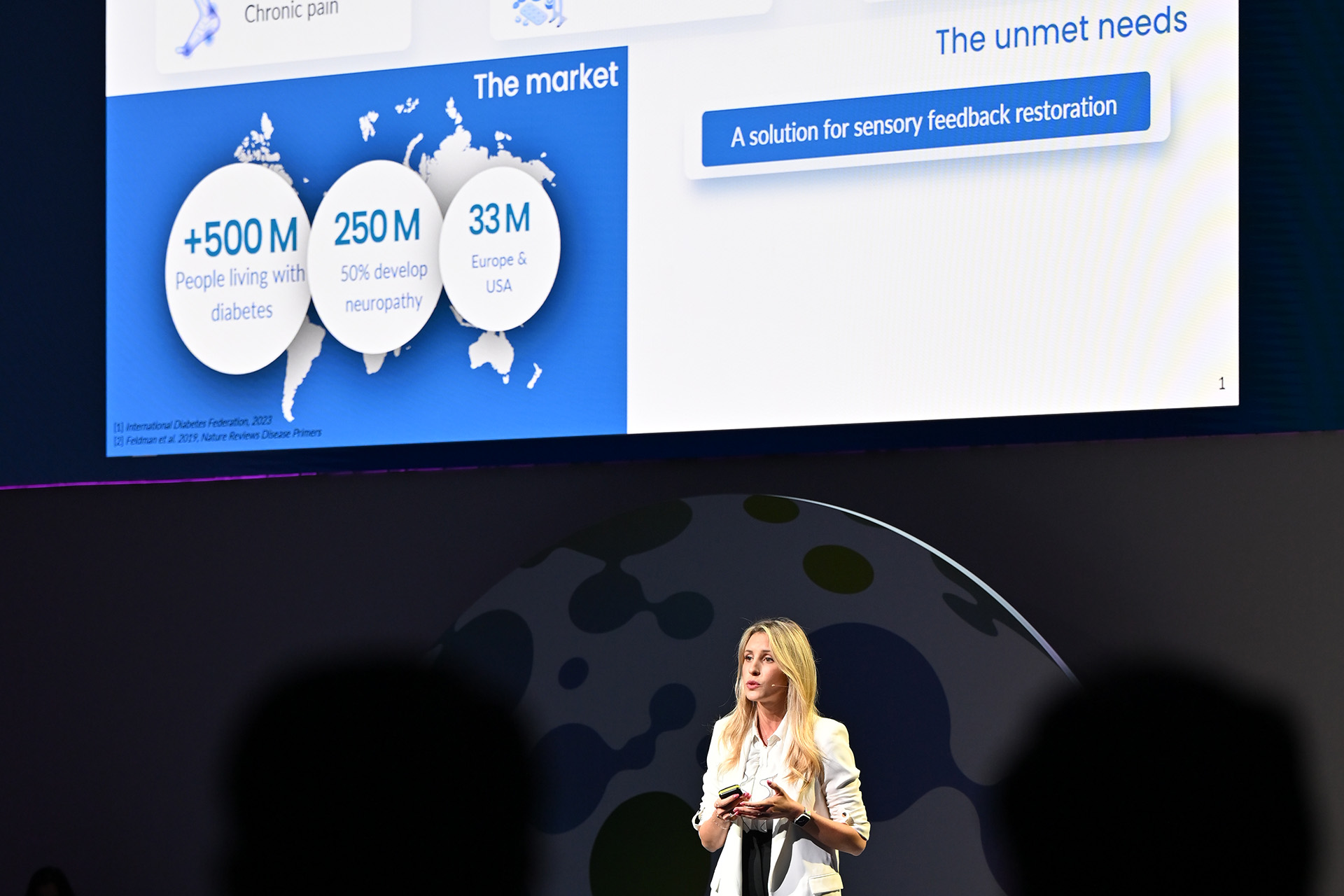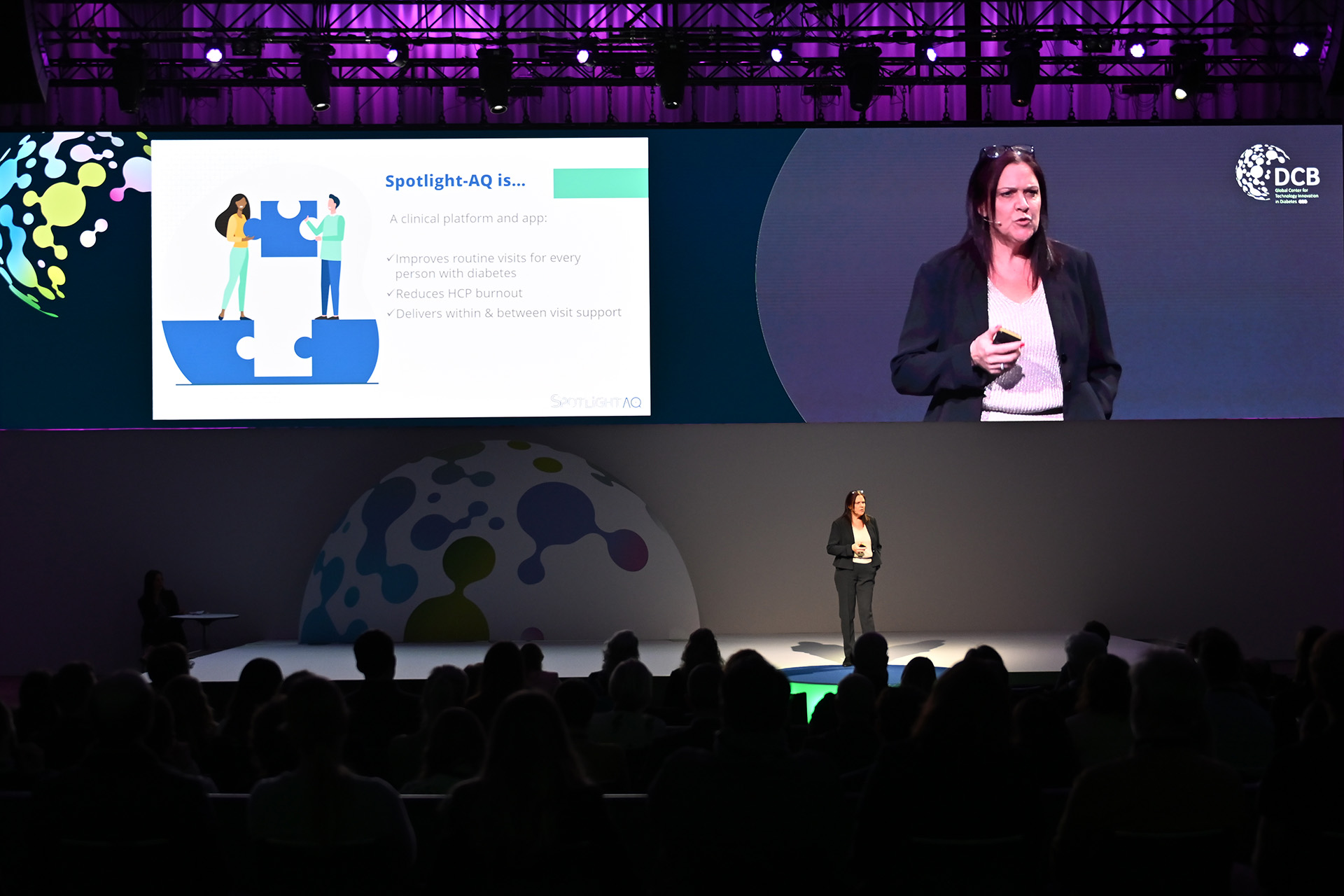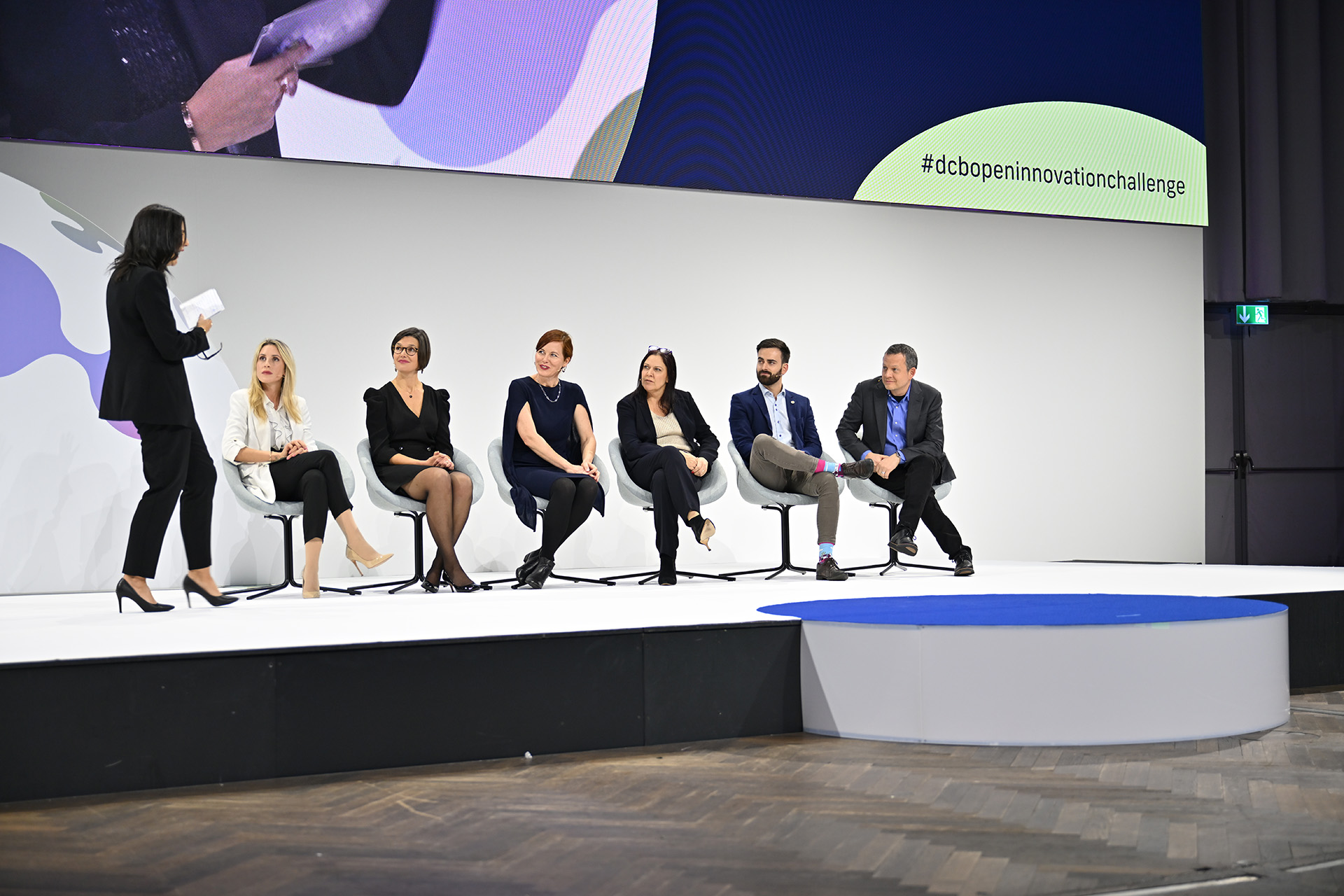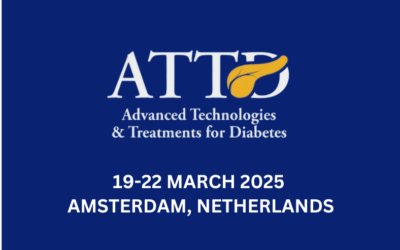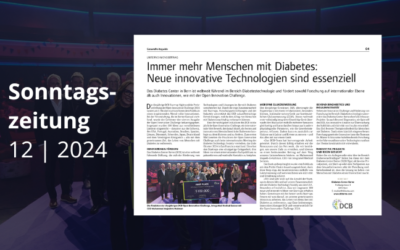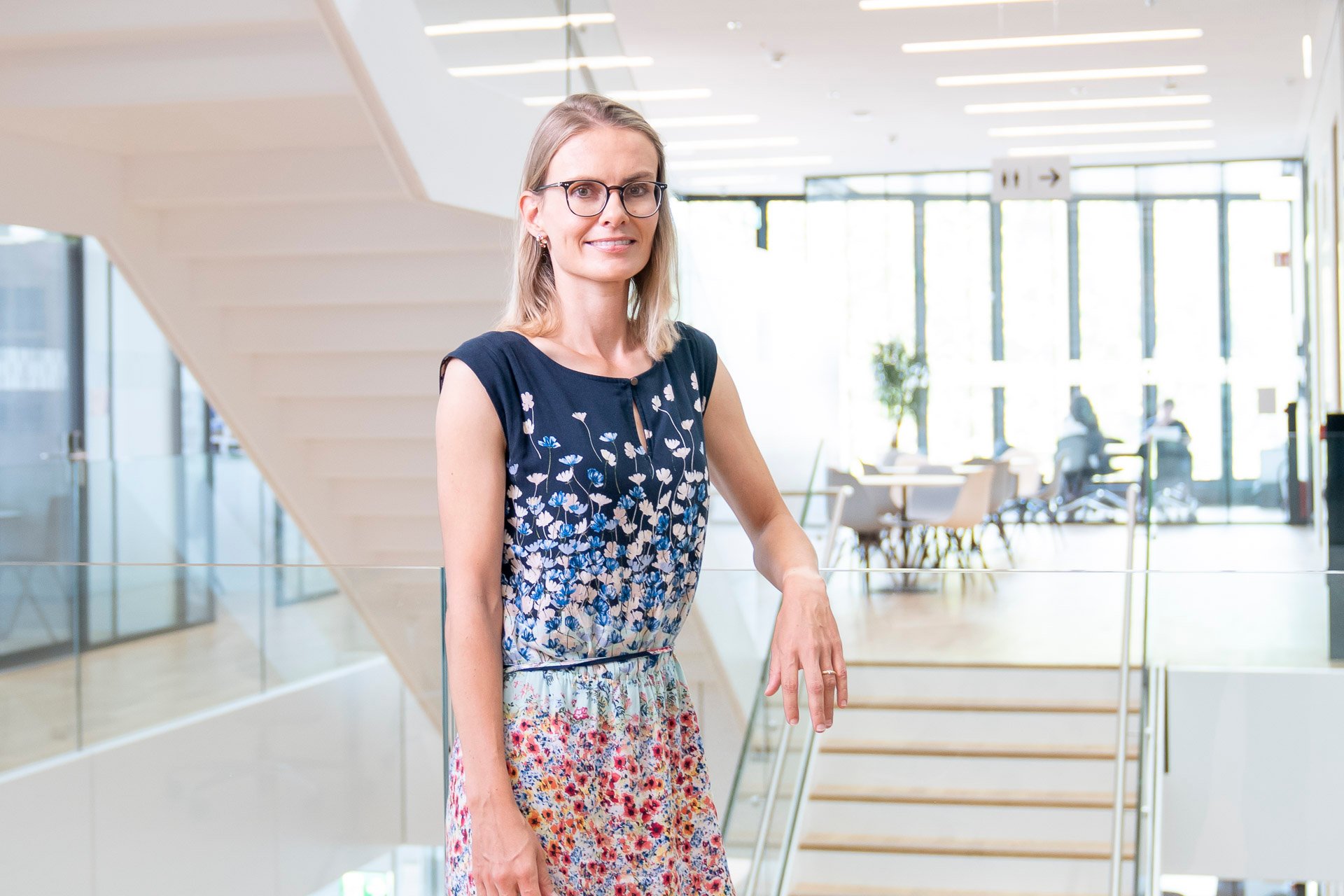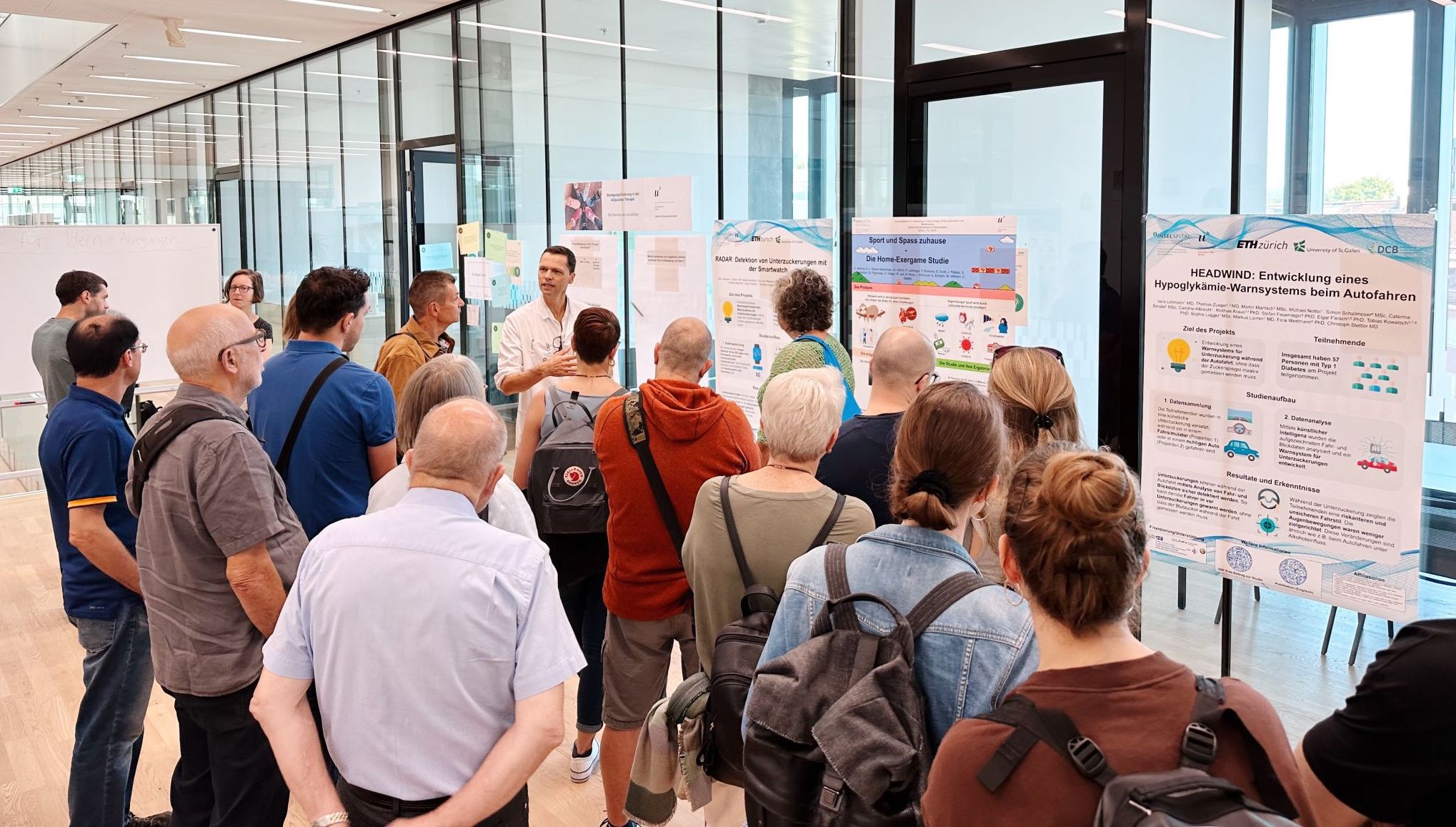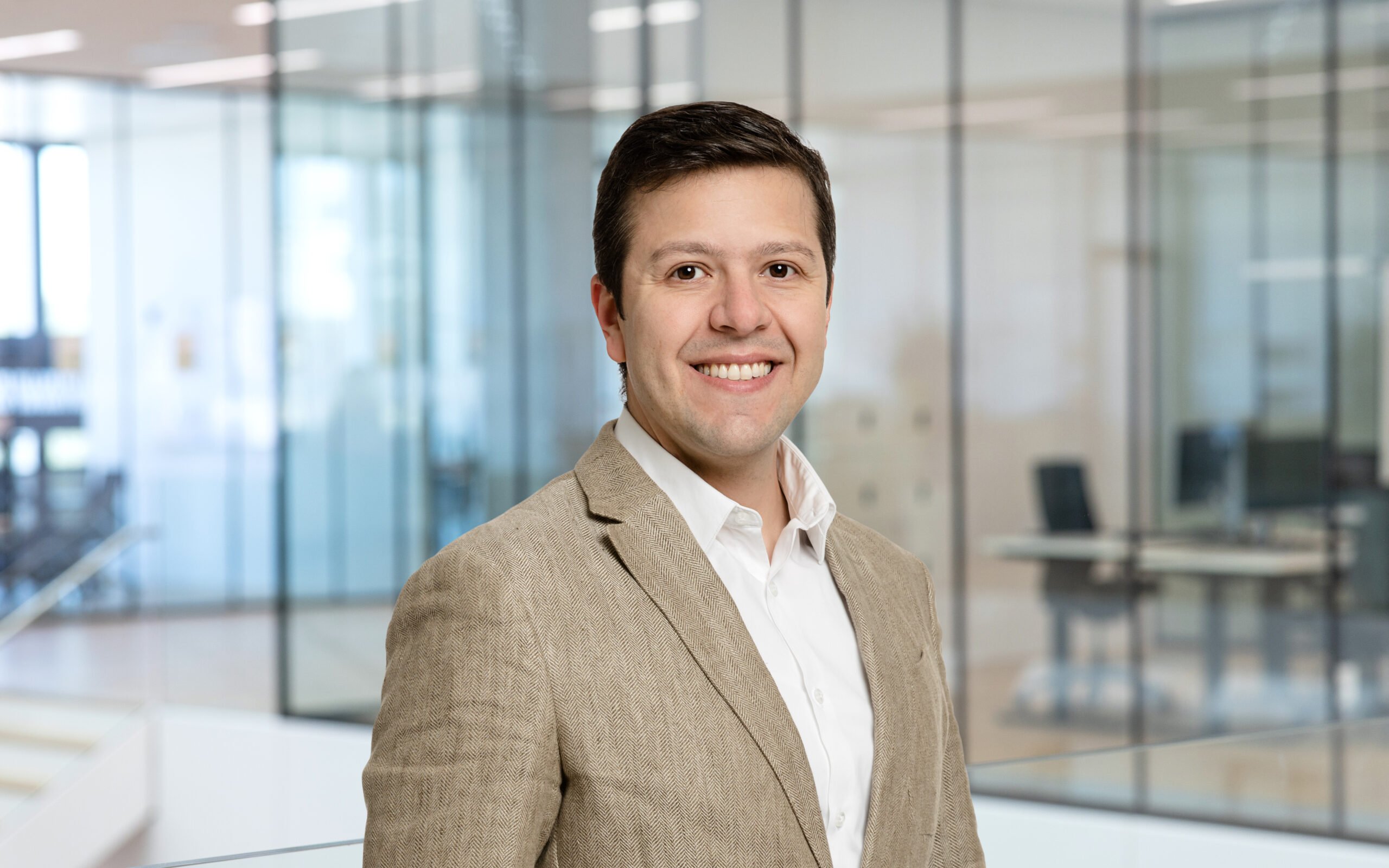Der ATTD-Kongress in Amsterdam steht vor der Tür und verschiedene Mitglieder des DCB-Teams werden vor Ort sein. Triff...
DCB Newsletter #15/23: INSIDE DCB – Looking Back on Diabetes Awareness Month
DCB Newsletter #15/23: INSIDE DCB – Looking Back on Diabetes Awareness Month
Dear community – We are happy to provide you with a new episode of our newsletter series. This edition, we are looking back at our activities throughout Diabetes Awareness Month, featuring special insights from our Lived Experience Panel. Enjoy the read!

Every year, we celebrate #DiabetesAwarenessMonth in November, with #WorldDiabetesDay on 14 November, the birthday of Sir Frederick Banting, who co-discovered insulin along with Charles Best in 1922.
This year, we had quite a few activities all throughout this significant month – from crowning the winners of our Open Innovation Challenge to launching our first crowdfunding campaign, renaming our Lived Experience Panel and far beyond. Read all about it here!
(Re-)Introducing our Lived Experience Panel
At DCB, people living with diabetes are at the core of all that we do. We highly value our experts living with diabetes and are committed to ending diabetes stigma in society, research and innovation. Because of this, we took Diabetes Awareness Month as an opportunity to rename our former “Patient Leaders”, initiated in 2021, to “Lived Experience Panel”! People living with diabetes are much more than just “patients” to us and we want to reflect this in the language we use:
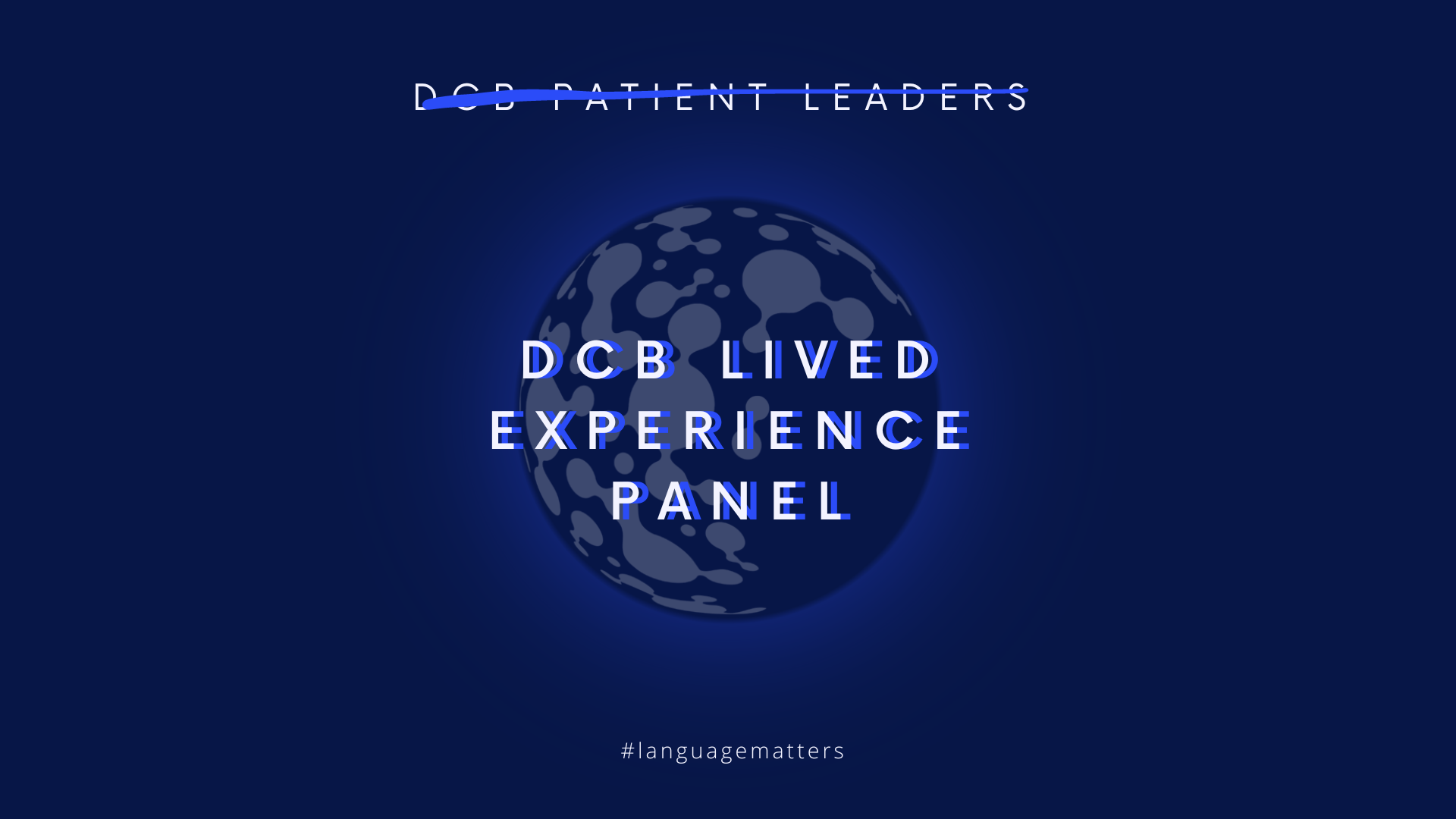
Our community is very important to us and we want to ensure that everything we do is person-centered and user-focused. Because of this, we took Diabetes Awareness Month as an opportunity to shine a spotlight on our Lived Experience Experts and ask them for their opinions and experiences:
What do you wish more people knew about life with diabetes?
If you could wish for a new product on the market, what would it be?
Why is it so important to end diabetes stigma?
Open Innovation Challenge
Our Open Innovation Challenge and the Start-Up Night on 9 November were at the core of our activities during Diabetes Awareness Month. We kicked the month off with our Innovation Bootcamp in the Swiss Alps and celebrated this year’s finalists and winners in Berne! You can read all about this year’s challenge in our last newsletter and in case you missed it, watch the highlight clip of our big Start-Up Night here:
Crowdfunding
During the Start-Up Night, we not only announced the winners of the Open Innovation Challenge – we also had some other exciting news: our first crowdfunding campaign was launched!
Until Christmas, you can still donate to it – all profits go to the People’s Diabetes Foundation-Belize. With only a small amount of money, you can make a big impact on the lives of people living with diabetes in Belize. The money will be used for life-saving diabetes supplies and will support the educational work of PDF-Belize, working hard to improve life with diabetes and remove the stigma around it:
Donate now and make a difference for people living with diabetes in Belize: https://wemakeit.com/projects/diabetes-supply-for-belize
WHO Global Diabetes Compact Forum
Just in time for Diabetes Awareness Month, we joined the World Health Organization Global Diabetes Compact Forum! On 2 November, the 5th meeting of the WHO Global Diabetes Compact Forum kicked off and Derek Brandt introduced us as a new member. We look forward to a long and fruitful collaboration – to make life better for people living with diabetes worldwide.
DT Report (German)
This year, we joined the German DT-Report – an annual report covering attitudes about diabetes technology. The survey is available for both people living with diabetes and doctors from the field. If you are from Switzerland, Austria or Germany, please consider participating to make a contribution to research:
DT Report (German)
To round up our activities of Diabetes Awareness Month, we want to point the spotlight back to the activities of our Lived Experience Experts, continuously advocating for a better life with diabetes in their free time:
- Lucía Feito Allonca is developing a Spanish-speaking international diabetes space, sharing news and information regarding projects, congresses, technologies, opportunities and much more: glucomundo.com
- Tinotenda Dzikiti is hosting a well-known diabetes advocacy podcast. In the name of community and inclusion, it was recently wrapped up under the name “Diabetic Mogul Podcast” and is being revamped as “Global Diabetes Insights” for 2024: LinkedIn announcement
- Leon Tribe is hosting a blog with accurate, impartial information for people with diabetes: https://practicaldiabetic.com/
- Crystal Diaz is the advocacy chair of Subtle Asian Diabetics, an online advocacy group for Asians with all types of diabetes to come together and encourage one another. Follow them on Instagram @subtleasiandiabetics and Facebook @subtleasiandiabetics!
Want to connect with them? Please have a look at our full list of Lived Experience Experts – continuously expanding: https://www.dcberne.com/en/community/
What a successful Diabetes Awareness Month it was – definitely one for the books! Thanks so much for reading and we’ll provide you with the next episode of this series soon.
This edition was authored by Svea Krutisch, Digital Communications Specialist at DCB.
This post was previously published in Linkedin. Click here to see the original publication.


DCB Research AG
Freiburgstrasse 3
3010 Bern
Switzerland

